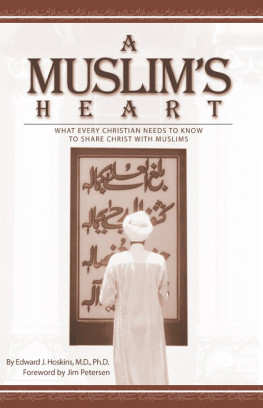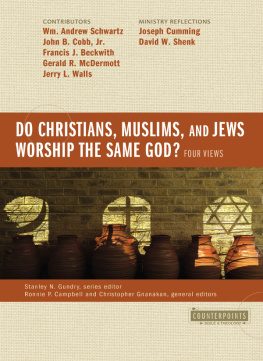Rabbi Marc Schneier - Sons of Abraham: A Candid Conversation about the Issues That Divide and Unite Jews and Muslims
Here you can read online Rabbi Marc Schneier - Sons of Abraham: A Candid Conversation about the Issues That Divide and Unite Jews and Muslims full text of the book (entire story) in english for free. Download pdf and epub, get meaning, cover and reviews about this ebook. year: 2013, publisher: Beacon Press, genre: Religion. Description of the work, (preface) as well as reviews are available. Best literature library LitArk.com created for fans of good reading and offers a wide selection of genres:
Romance novel
Science fiction
Adventure
Detective
Science
History
Home and family
Prose
Art
Politics
Computer
Non-fiction
Religion
Business
Children
Humor
Choose a favorite category and find really read worthwhile books. Enjoy immersion in the world of imagination, feel the emotions of the characters or learn something new for yourself, make an fascinating discovery.

- Book:Sons of Abraham: A Candid Conversation about the Issues That Divide and Unite Jews and Muslims
- Author:
- Publisher:Beacon Press
- Genre:
- Year:2013
- Rating:3 / 5
- Favourites:Add to favourites
- Your mark:
Sons of Abraham: A Candid Conversation about the Issues That Divide and Unite Jews and Muslims: summary, description and annotation
We offer to read an annotation, description, summary or preface (depends on what the author of the book "Sons of Abraham: A Candid Conversation about the Issues That Divide and Unite Jews and Muslims" wrote himself). If you haven't found the necessary information about the book — write in the comments, we will try to find it.
Rabbi Marc Schneier, the eighteenth generation of a distinguished rabbinical dynasty, grew up deeply suspicious of Muslims, believing them all to be anti-Semitic. Imam Shamsi Ali, who grew up in a small Indonesian village and studied in Pakistan and Saudi Arabia, believed that all Jews wanted to destroy Muslims. Coming from positions of mutual mistrust, it seems unthinkable that these orthodox religious leaders would ever see eye to eye. Yet in the aftermath of 9/11, amid increasing acrimony between Jews and Muslims, the two men overcame their prejudices and bonded over a shared belief in the importance of opening up a dialogue and finding mutual respect. In doing so, they became not only friends but also defenders of each others religion, denouncing the twin threats of anti-Semitism and Islamophobia and promoting interfaith cooperation.
In Sons of Abraham, Rabbi Schneier and Imam Ali tell the story of how they became friends and offer a candid look at the contentious theological and political issues that frequently divide Jews and Muslims, clarifying erroneous ideas that extremists in each religion use to justify harmful behavior. Rabbi Schneier dispels misconceptions about chosenness in Judaism, while Imam Ali explains the truth behind concepts like jihad and Sharia. And on the Israeli-Palestinian conflict, the two speak forthrightly on the importance of having a civil discussion and the urgency of reaching a peaceful solution.
As Rabbi Schneier and Imam Ali show, by reaching a fuller understanding of one anothers faith traditions, Jews and Muslims can realize that they are actually more united than divided in their core beliefs. Both traditions promote kindness, service, and responsibility for the less fortunateand both religions call on their members to extend compassion to those outside the faith. In this sorely needed book, Rabbi Schneier and Imam Ali challenge Jews and Muslims to step out of their comfort zones, find common ground in their shared Abrahamic traditions, and stand together and fight for a better world for all.
Rabbi Marc Schneier: author's other books
Who wrote Sons of Abraham: A Candid Conversation about the Issues That Divide and Unite Jews and Muslims? Find out the surname, the name of the author of the book and a list of all author's works by series.









